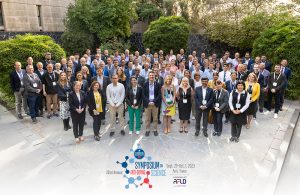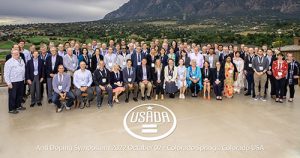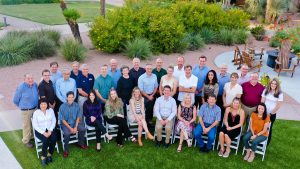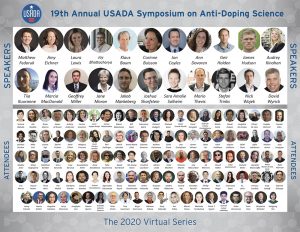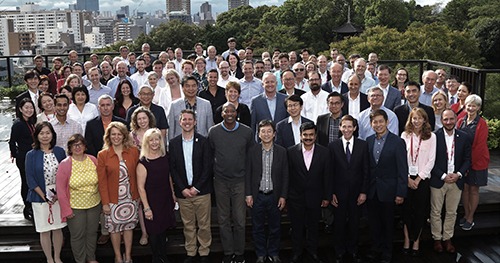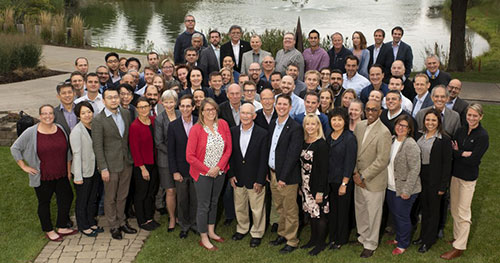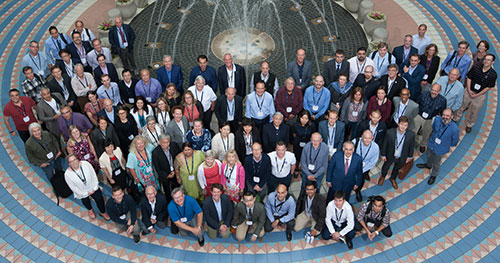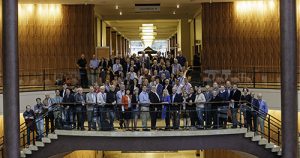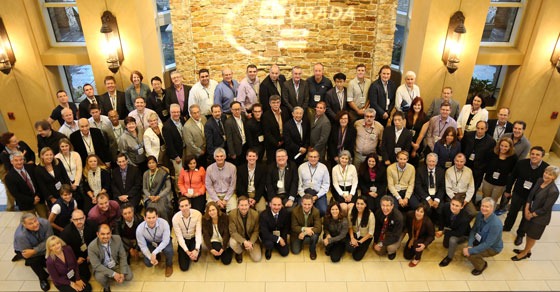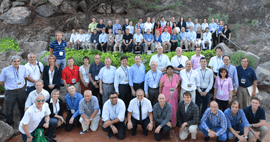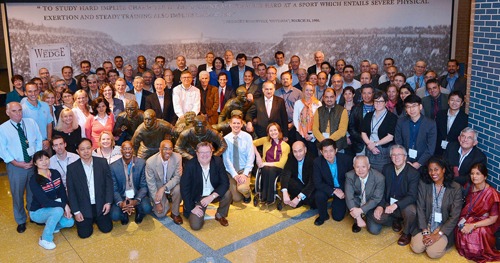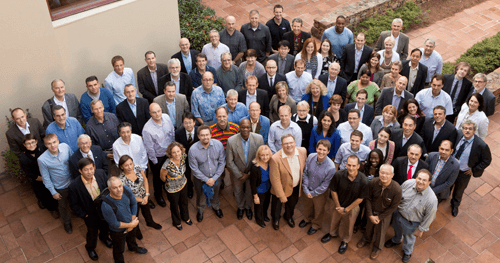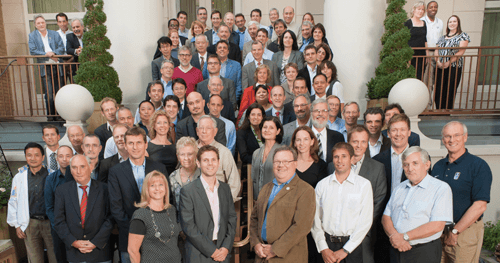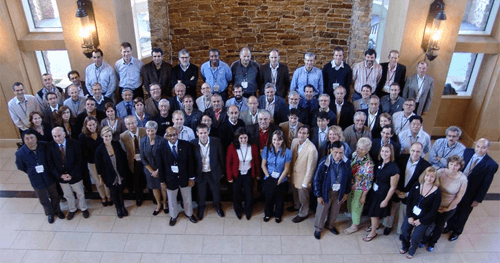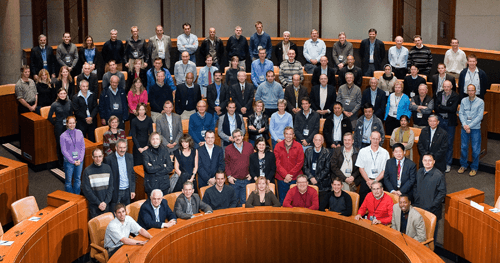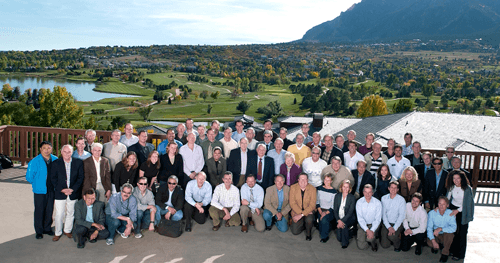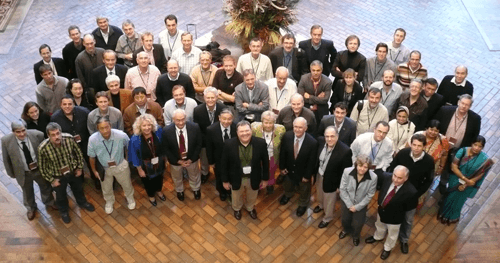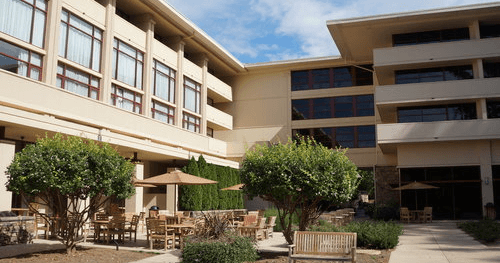Science Symposium
Since 2002, the U.S. Anti-Doping Agency has hosted the Annual USADA Symposium on Anti-Doping Science, aimed at bringing together anti-doping experts from around the world, including guests from more than 30 countries, to inform and shape meaningful anti-doping research programs for the future.
The attendees consist of WADA-accredited laboratories, anti-doping organizations, International Federations of the Olympic Movement, and scientific experts in the field of interest for each particular Symposium. A limited number of attendees are invited to attend the Symposium in order to provide a forum for exchanging scientific information.
The Symposium enables our attendees to stay up-to-date with the latest research and scientific developments in anti-doping and provides a unique opportunity to meet with peers and colleagues in their field.
Every year, the Symposium focuses on a key topic relevant to anti-doping science at that time. Read below for information regarding each Symposium.
Anabolic Agent Action, (Ab)use and Detection: Old Problem; New Tricks?
23rd Annual USADA Symposium on Anti-Doping Science September 27-30, 2024 in Seattle, WA

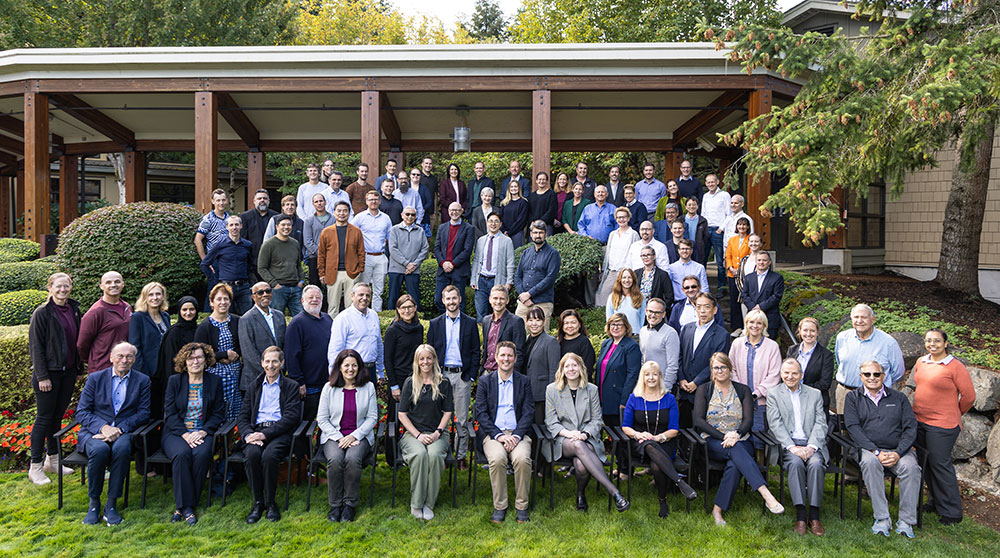
Held in Seattle, Washington, the 23rd Annual USADA Symposium on Anti-Doping Science recently united more than 85 scientific and medical experts from 28 countries to discuss anabolic-androgenic steroids (AAS) and other anabolic agents that have taken center stage as the doping agents of choice in many sports globally.
When it comes to the substances of choice for those who decide to cheat, anabolic agents, such as steroids and selective androgen receptor modulators (SARMS), continue to top the list of positive tests every year. Anabolic agents, which come in forms ranging from injectables, to topical creams, to oral preparations, have unfortunately become increasingly common in the anti-aging and wellness industries, as well as illegally marketed in supplements. New designer AAS are also a constant threat, with preclinical and black-market products containing AAS dangerously accessible to consumers.
While detection methods have grown extremely sensitive in recent years, that sensitivity also makes it even more important that anti-doping agencies can accurately identify contamination scenarios from intentional doping.
As such, the Symposium focused on the direct and indirect detection of more sophisticated anabolic agents, along with strategies to combat unintentional exposure to anabolic agents through different routes of administration. International experts also discussed how to evolve testing and strategies to address the shifting threats posed by anabolic agents.




